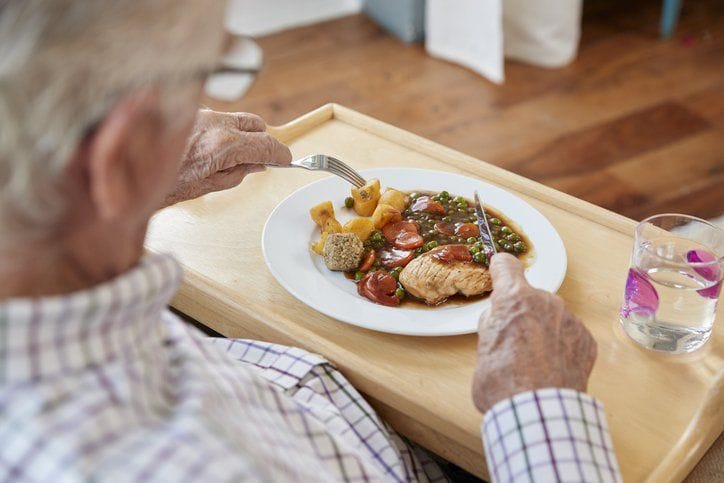
If you’re considering a career change and want a job that’s rewarding and in demand, personal support worker (PSW) training could be right for you. Once you graduate from a good program and become a PSW, you’ll play an important role helping to improve the quality of life of others.
PSWs typically have a wide range of responsibilities when it comes to helping their clients, including assisting them with performing basic daily functions like dressing and eating, offering companionship, and planning out their meals.
Are you interested in learning more about meal planning for elderly clients? Here’s a brief guide:
Seniors Need Fewer Calories Than Younger Adults, but the Same Nutrients
Elderly people require fewer calories than younger people because they generally have less muscle mass and a lower metabolic rate. Additionally, they tend to move around less, which further decreases the number of calories they need to consume each day. However, seniors still require the same amount of nutrients that younger adults do.
As a PSW, you’ll be responsible for ensuring that the foods your elderly clients consume contain enough minerals, vitamins and proteins to keep them healthy. By completing a personal support worker program, you’ll learn about meal preparation so that you can better choose foods that are rich in nutrients. For example, fruits, vegetables, beans, whole grains, nuts and low-fat dairy products are all nutrient-rich foods that elderly clients can benefit from.
PSW Training Can Help You Create Meals for Clients with Reduced Appetites
Once you begin your career, you will notice that your elderly clients tend to eat less than others, and while this is expected, you will find that some clients may have reduced appetites for reasons beyond simply needing fewer calories. Our senses of taste and smell diminish as we age, for example, which can lead clients to enjoy certain foods less than they once did. Medications can also play a role in reducing a client’s appetite or changing the way that clients taste certain foods.
PSWs must ensure that their clients are eating enough and are enjoying their meals. As a PSW, you can do this by adding herbs and spices to meals and introducing a greater variety of foods, which will increase the chances of your client enjoying at least a few things they are being served. You can also reduce portion sizes, since large meals can be stressful for elderly clients with reduced appetites. Smaller portions will feel much more manageable for them.
 Smaller portions can encourage elderly clients with a reduced appetite to eat more
Smaller portions can encourage elderly clients with a reduced appetite to eat more
Learn to Assist Clients Who Have Trouble Chewing During PSW Training
Difficulty chewing and swallowing, called dysphagia, is a common challenge that elderly clients struggle with. Dysphagia can be a natural result of aging, but can also be caused by dentures, medications or surgery. Clients with certain health conditions, including Alzheimer’s, Parkinson’s and Cerebral Palsy, are also more likely to suffer from dysphagia, and will often need assistance eating. During your PSW training, you will learn how to assist clients with eating in cases where they may have difficulty doing so themselves.
For example, some clients with dysphagia may need their food to be pureed. Most clients, however, should still be capable of eating some solid foods. A PSW can choose semi-solid or solid foods that are easy for their clients to eat. Melon, eggs, fish, minced meat, bananas, and oatmeal, for instance, all have soft or crumbly textures which are easy to consume. A PSW may also add water or sauce to foods to help clients—especially those who may suffer from dry mouth—swallow more easily.
 Pureeing food can help elderly clients with chewing and swallowing problems eat properly
Pureeing food can help elderly clients with chewing and swallowing problems eat properly
Are you interested in becoming a personal support worker?
Contact Oxford College to learn more about our PSW program!






